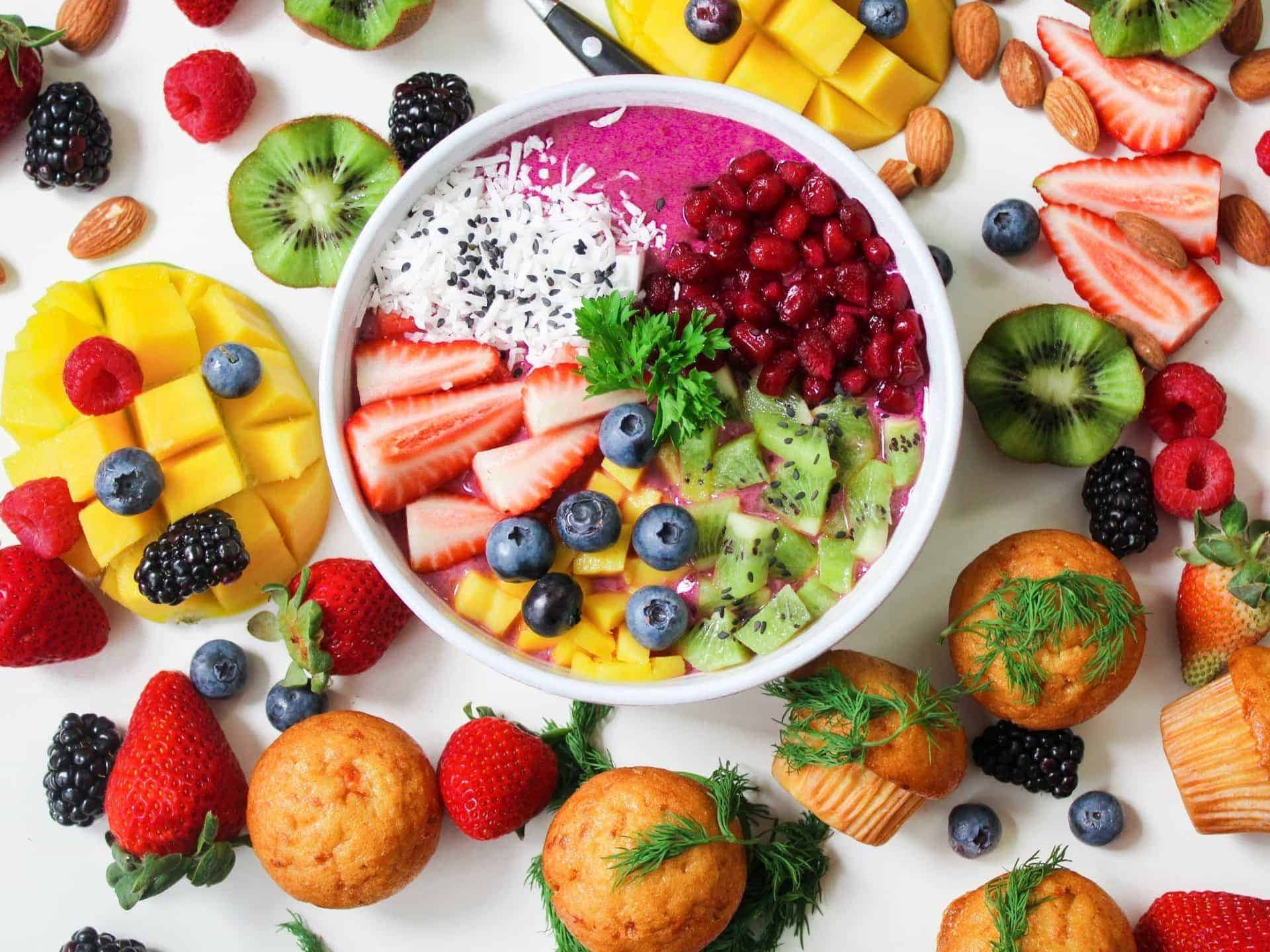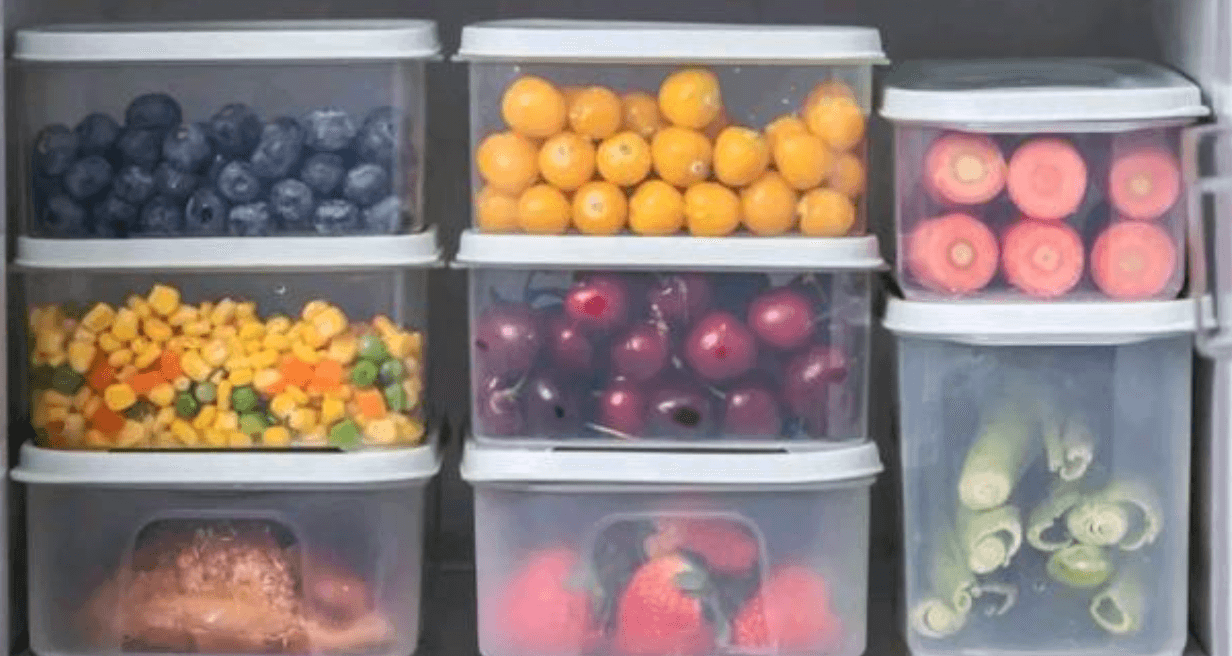Salt is an indispensable condiment in all our meals, and a high salt diet has been considered one of the most important killers of modern life.
High-salt eating habits
What are the eating habits that inadvertently raise the "salt value" of the body in our daily life?

Heavy eating
Many people like to supplement their meals with heavily salted and oily dishes, which require more salt and salt-rich condiments such as soy sauce, soybean paste, oyster sauce, monosodium glutamate (MSG) and ketchup.
Many people also like to use pickled or sauced meat as a side dish, otherwise they don't find the rice tasty enough. Pickled or sauced foods such as pickled vegetables, curd and sauced meat are generally saltier in taste and usually have a higher salt content.
Regular takeaways and snacks
Many people like the convenience food options available in supermarkets and the ease and speed of takeaway. These 'convenient' options can also increase the 'salt value' of your body's intake. Many packaged foods that do not taste salty are "salt hogs", such as biscuits, cheese, instant noodles, pasta, nuts, bread and ice cream. Many restaurants use more oil and salt than home-made food.

Why you should reduce salt
01 Excessive salt intake is an important trigger for high blood pressure
A high salt diet is very closely related to high blood pressure. The reason why a high salt diet tends to cause an increase in blood pressure is related to the salt content. A person who eats an extra 2 grams of salt per day has an increase in systolic and diastolic blood pressure of 2.0 mm Hg and 1.2 mm Hg respectively.
02 A high salt diet can increase the load on the heart and kidneys
Excessive sodium intake can cause increased pressure and resistance in the blood vessels, increasing the load on the heart and over time causing heart hypertrophy, heart failure, abnormal kidney function and other incurable diseases, which are the bane of cardiovascular diseases.
03 A diet high in salt also affects your face
Increased wrinkles: Eating too much salt increases sodium ions, leading to a loss of water in the cells of the face, which over time can lead to wrinkles.
Rough skin: Increased sodium ions and problems with the water exchange process inside and outside the cells make it easy for pigmentation to adhere, resulting in rough skin.
Hair loss: Not only does this cause nutrient metabolic hair loss, but it also makes the hair yellow. Excessive sodium ions cause cells to lose water and activity, sebaceous glands and hair follicles are affected, hair supply channels are disrupted and hair becomes yellow and prone to fall out.
Causes obesity: heavy eaters have a better appetite when stimulated by the salty taste, thus eating more and leading to obesity.

Salt reduction tips
We can also control salt in the following ways when it comes to our daily diet
☆ Put the salt in before you cook: If you put the salt in early, the salt will penetrate deep inside and you will unwittingly use more salt at the same salty level. The vegetables will "marinate" and lose more nutrients. By salting last, you only need less salt to achieve the same salty feeling.
☆ Choose fresh ingredients to preserve the original taste of food: Try to buy fresh ingredients and cook them more often by steaming, roasting or boiling to preserve the natural taste of the food as much as possible without adding too much salt and other seasonings. Also eat less salty foods, processed deli meats and canned foods that are high in salt.
☆ Use a salt spoon correctly and keep track of the amount of salt: to make a good estimate of the amount, you can use a salt-limiting spoon. The size of a salt spoon is 2 grams of salt per spoon, not a flat spoon, not a spike.
☆ Eat less processed foods such as snacks: Processed foods such as instant noodles, ham sausages, pickled vegetables and tofu milk are mostly high in salt and should be eaten sparingly.
☆ Check nutrition labels: When buying packaged foods, look carefully at the nutrition factsheet on the package and eat less high-sodium foods. 400mg sodium = 1g salt. Foods high in sodium: More than 600mg/100g sodium in solid foods and 300mg/100g sodium in liquid foods.

A diet high in salt can be harmful to human health. Reducing salt by 5% to 10% does not affect the taste of dishes. Our taste habits are gradually developed and can be changed.
By focusing on the concept of salt reduction and learning salt reduction techniques, we can gradually reduce our salt intake and achieve the goal of salt reduction while ensuring the enjoyment of our taste buds.
Popular Articles
-
Home storage tips ---- hidden storage

-

Photos
The world's most beautiful big cities at nightApr 18, 2025
-
 Join these 6 moves to get firm and slender legs
Join these 6 moves to get firm and slender legsApr 18, 2025
-
 Pick a chopping board that suits your needs, so you can cook with ease
Pick a chopping board that suits your needs, so you can cook with easeApr 18, 2025
-
 These "home essential" recommended good things, small objects of great use!
These "home essential" recommended good things, small objects of great use!Apr 18, 2025
-
 How to build muscle scientifically? How many of these golden muscle building guidelines are you doing right?
How to build muscle scientifically? How many of these golden muscle building guidelines are you doing right?Apr 18, 2025







Comments
0